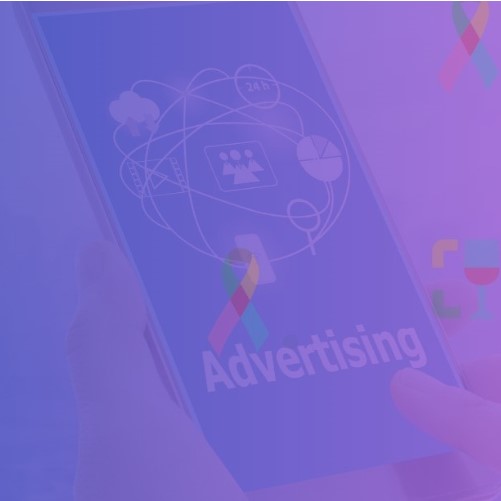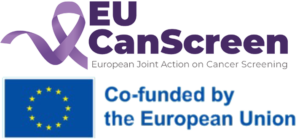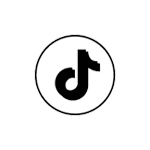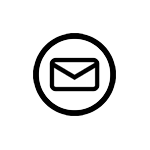24.09.2025
Marketing bans – the role of advertising in alcohol consumption
WHO/Europe and IARC examine the impact of alcohol marketing on cancer risk.

Advertising in alcohol consumption
On 24 September 2025, WHO/Europe and IARC organized a webinar exploring the impact of alcohol advertising on consumption patterns, with a focus on cancer prevention. Alcohol is a recognized carcinogen linked to several types of cancer, and experts underscored that marketing plays a decisive role in shaping drinking behaviors. Evidence from multiple countries shows that comprehensive advertising bans can reduce harmful consumption, particularly among young people. Presenters also warned about the increasing influence of digital platforms, where regulation is weaker and targeted advertising can bypass restrictions.
National Strategies
Policymakers attending the event shared examples of effective national strategies and highlighted opportunities for European cooperation. The session stressed that curbing alcohol marketing is a cost-effective policy intervention with measurable benefits for cancer prevention. Advocacy groups emphasized the need to align public health messaging with restrictions on commercial promotion. By translating scientific findings into policy recommendations, the webinar aimed to strengthen governmental commitment to preventive measures. The event forms part of a series designed to bridge the gap between evidence and action.
Conclusions
Participants concluded that addressing alcohol marketing is essential to reducing cancer incidence and achieving NCD targets.
#EuCanScreen #CancerScreening #HealthCare #CancerPrevention #CancerRiskFactors #Alcohol #Webinair
🔗 Please don’t forget to Subscribe to EuCanScreen Newsletter! 💪
Subscribe to our newsletter to get news and updates.
Subscribe to our newsletter to get news and updates.

The general objective of EUCanScreen is to assure sustainable implementation of high-quality screening for breast, cervical and colorectal cancers, as well as implementation of the recently recommended screening programs – for lung, prostate and gastric cancers. EUCanScreen will facilitate the reduction of cancer burden and achieving equity across the EU.
This project has received funding from the European Union’s EU4HEALTH Programme under the Grant Agreement no 101162959












